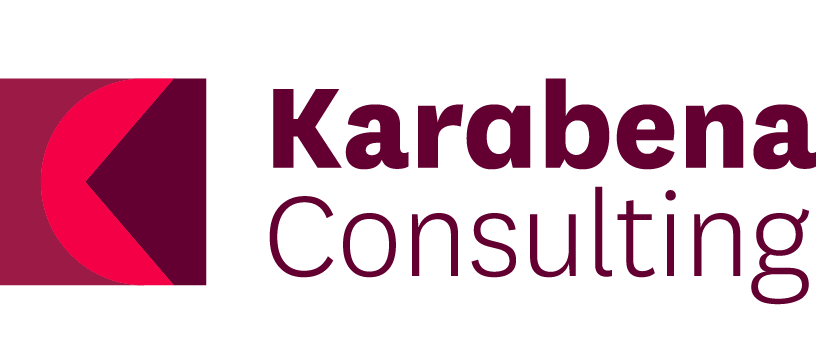City of Melbourne Stolen Generations Marker
City of Melbourne
Who funded the project
Karabena Consulting was engaged by the City of Melbourne (COM) to consult with Stolen Generations survivors, their descendants and others impacted by the government policies that led to the Stolen Generations in Victoria.
The aim was to ascertain the preferred location for a Stolen Generations Marker from a shortlist of locations within the City of Melbourne, and how the site should be used. This included what should be created in the space, how the space should feel, and what activities they would like to see occur at the site.
The sites shortlisted by COM through previous consultations with Stolen Generations survivors were:
Parliament Gardens
Treasury Gardens -Western Lawn
Peppercorn Lawn -Alexandra Gardens
To achieve this aim, Karabena Consulting was tasked with co- designing the consultation methodology with the Working Group. A mixed method approach was adopted to obtain a more comprehensive understanding and gain insights from multiple sources and perspectives. COM administered an online and paper-based survey while Karabena conducted community consultations in Preston, Geelong, Ballarat, Shepparton and Caroline Springs as well as one-on-one interviews with selected key stakeholders identified by the Working Group.
As per the consultant brief, we provided a detailed report to COM outlining the following key outcomes:
Pros and cons of each location
Ranked order of preferred locations
Utilisation of the site
The feelings that the site should evoke in visitors
Summary
The City of Melbourne is committed to building a permanent Marker for the Stolen Generations as part of its Innovate Reconciliation Action Plan 2021-23. The Marker aims to recognise truth-telling, provide a space for Aboriginal people to share their culture, and acknowledge experiences of dispossession. It also seeks to facilitate learning, healing, and change within Melbourne and beyond as part of the Council's priorities.
To support this commitment, Stolen Generations survivors, their descendants and others impacted by the government policies that led to the Stolen Generations in Victoria were consulted to ascertain the preferred location for a Stolen Generations Marker from a shortlist of locations and how the site should be used. This included what should be created in the space, how the space should feel, and what activities they would like to see occur at the site.
Project Aims
To complete this project, Karabena Consulting undertook.
One-on-one interviews with selected stakeholders with lived experience.
Facilitated community focus groups with Stolen Generations survivors and their families.
Completed an inductive thematic analysis of survey administered by the COM.
Consultations were undertaken in a culturally safe manner, with interviewers and facilitators being First Nations people, and with Bringing Them Home workers made available to support those that may have found the discussions triggering.
Focus groups were conducted in the same way, and included a smoking ceremony and Welcome to Country by local Traditional Owners where possible at the beginning of each session.
Methodologies
Our approach to creating a culturally safe space when consulting with First Nations people enabled us to elicit some deeper reflections from participants than required by the brief.
These reflections are for the consideration of COM as they progress through the following stages of planning and design of the Marker.
Methodological outcomes
The key outputs for this project were:
A co-designed engagement plan
Successful workshops and interviews sessions that captured the wishes of the Stolen Generations ensuring their voices were heard in the decision-making process.
Summary reports provided back to participants from each of the workshops.
A detailed report on the preferred location for the Stolen Generations Marker in Melbourne CBD and how the site should be used. This included what should be created in the space, how the space should feel, and what activities could likely occur at the site.
Project Outputs
Consultations across Victoria have shown that:
There is strong sense of unity and commitment that the Stolen Generations Marker and its location is a space that honours the experiences of Aboriginal people affected by forced removals. It promotes healing and reconciliation and helps to educate the broader community about this dark chapter in Australia's history.
Partnerships and engagement with First Nations communities, characterised by high levels of cultural safety and respect, where knowledge and expertise are shared, is mutually beneficial.
Aside from the key findings outlined in the report to COM, we also found that:
A range of emotions may be evoked at the location based on personal experiences and connections to the Stolen Generations
Symbolism and cultural appropriateness are essential elements for the location and Marker designs.
The Marker is an acknowledgment and recognition of the injustices of the past as well as an important step on the healing journey for the Stolen Generations.
The Marker and its location may become a powerful tool to nurture deeper connection in the community through commemorative, remembrance and genealogical events, tours promoting education and awareness and a living library containing stories and accounts of the Stolen Generations including those who were unable to return home.
Project outcomes
#Self Determination #partnerships #intergenerational #stolengenerations # sovereignty #memorial #collaboration #survivors #reparation #injustice
